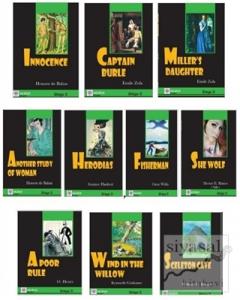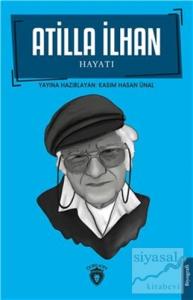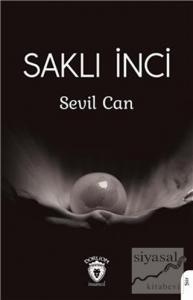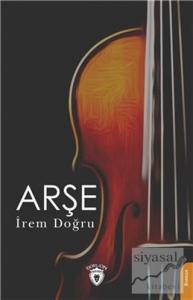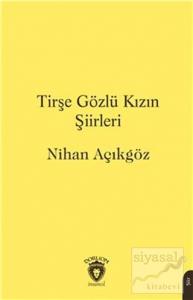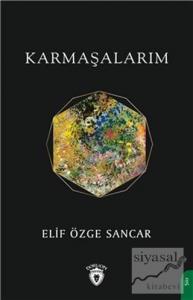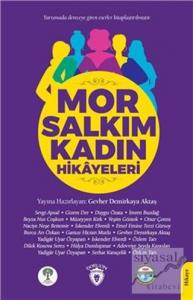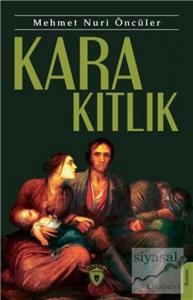
As a poet of nature, Bryant received great praise for his poetry, but the critics did not give him unconditional laurels, due to the absence of a full range of poetry, such as epics, elegies, and verse drama. He looked at art as something demanding time and reflection, something not afforded to him on his travels or by his work at the paper. He did publish The Letters of a Traveller in 1850, a series of letters he had written to the Evening Post, describing his tours of Europe, Mexico, Cuba, and South America. In 1866, after the death of his wife, Bryant resumed translating the Iliad and subsequently the Odyssey.
As a poet of nature, Bryant received great praise for his poetry, but the critics did not give him unconditional laurels, due to the absence of a full range of poetry, such as epics, elegies, and verse drama. He looked at art as something demanding time and reflection, something not afforded to him on his travels or by his work at the paper. He did publish The Letters of a Traveller in 1850, a series of letters he had written to the Evening Post, describing his tours of Europe, Mexico, Cuba, and South America. In 1866, after the death of his wife, Bryant resumed translating the Iliad and subsequently the Odyssey.











